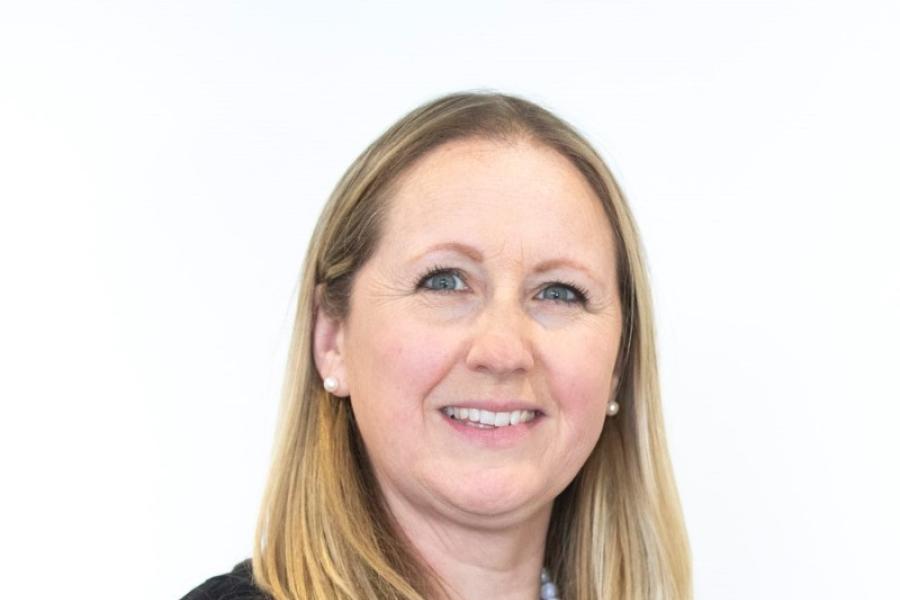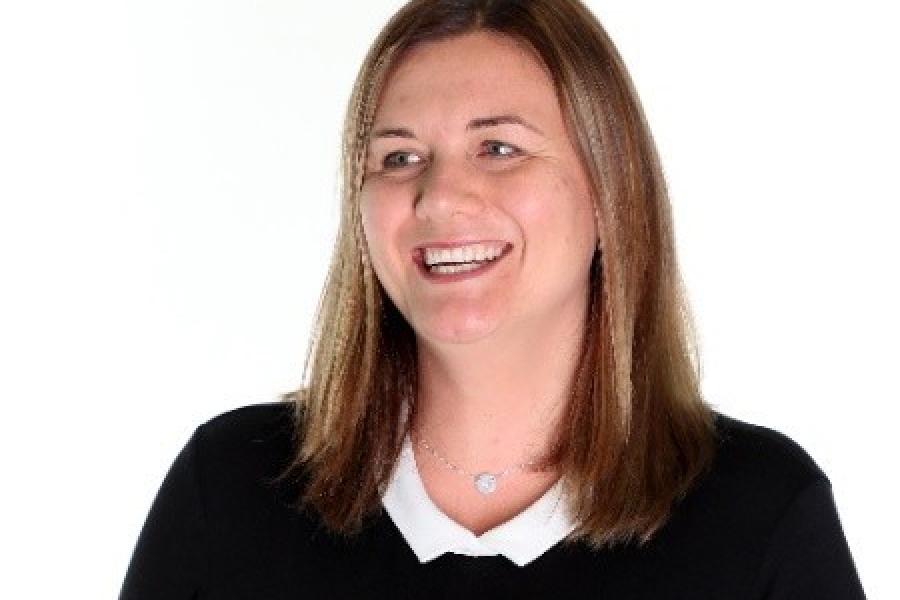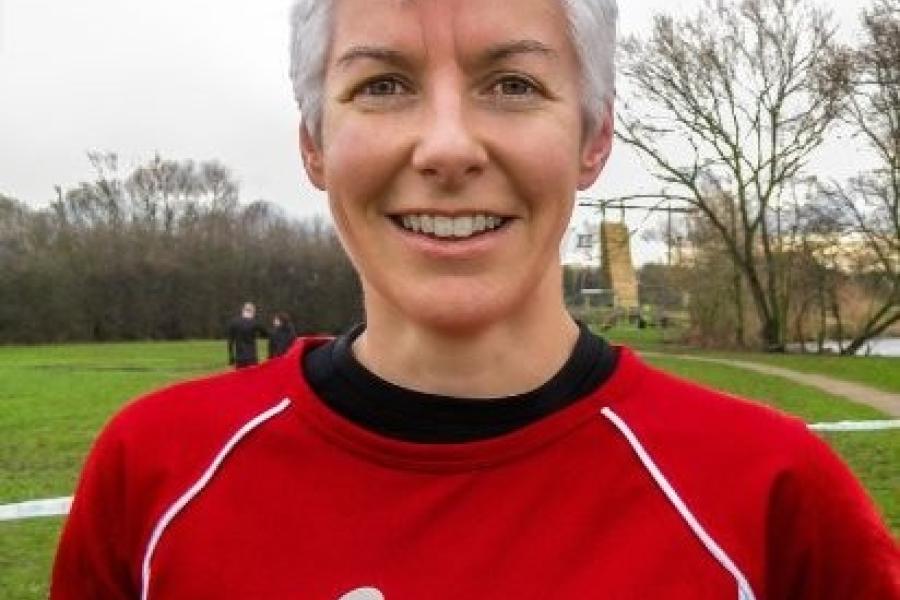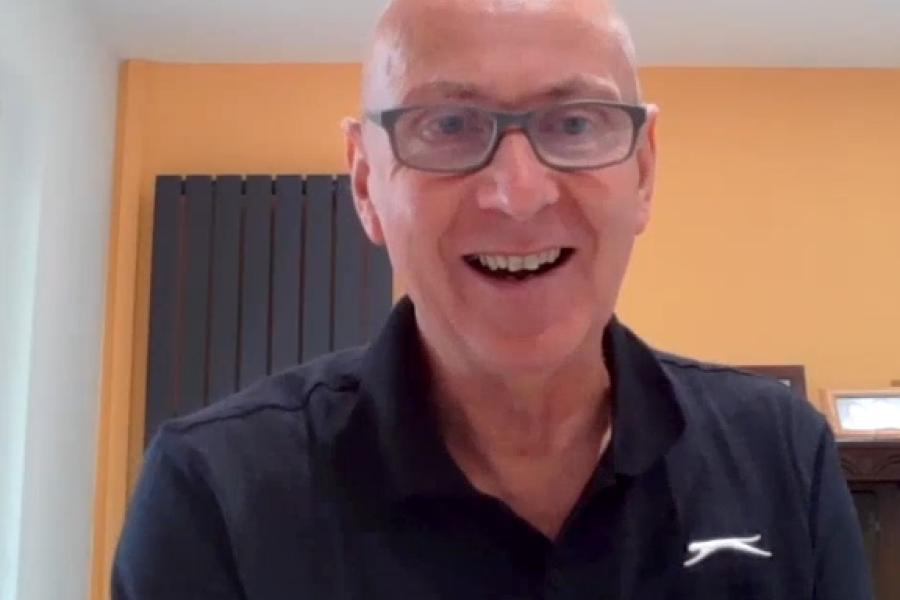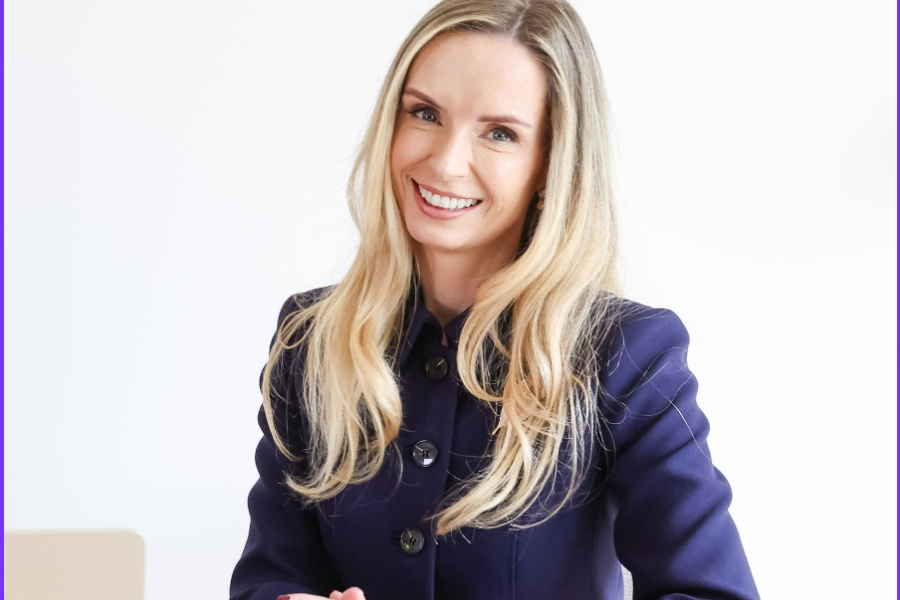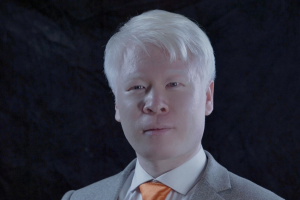Penny For Your Thoughts Podcast
Dive into the dynamic intersection of academia and industry with 'Penny for Your Thoughts,' the podcast from Bangor Business School. Join us as we blend cutting-edge academic research with the seasoned insights of industry leaders, offering our podcast community a unique blend of expertise and perspective on crucial business topics. Whether you're a business enthusiast or keen on understanding dynamics across a broad range of business topics; from leadership to entrepreneurship or finance and economics, this podcast offers a wealth of knowledge tailored just for you.
Follow and Subscribe
We'll be dropping new episodes regularly, make sure you follow and subscribe to our Penny for your thoughts Podcast on Anchor or Spotify.
Meet the Podcasting team
Industry Speakers
CONNECT WITH US
See the latest Tweets from @Bangor_Business










